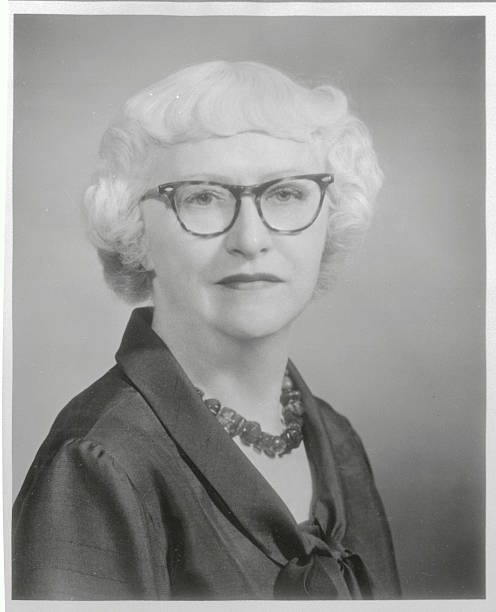 Mary Locke Petermann (1908-1975). Ribosomes are powerful cellular machines that make proteins, and the scientist who first isolated and characterized animal ribosomes was a powerful female biochemist!
Mary Locke Petermann (1908-1975). Ribosomes are powerful cellular machines that make proteins, and the scientist who first isolated and characterized animal ribosomes was a powerful female biochemist!
Petermann was born in Michigan in 1908. She studied chemistry at Smith College, graduating with high honors in 1939. After several years studying acid-base imbalance in psychiatric patients, she returned to schooling, earning a PhD in physiological chemistry from the University of Wisconsin. She remained at Wisconsin until 1945 and was the first female on the staff of their physical chemistry department. She moved to New York's Memorial Hospital and later the Sloan-Kettering Institute for Cancer Research, where she finished out her highly successful career and taught biochemistry at Cornell University's Medical School, becoming the first woman to become a full professor there.
Petermann performed important research in several areas including diphtheria toxins and blood proteins, but she is best known for her research on ribosomes. She used a technique called analytical ultracentrifugation to separate cellular components by size, isolating a population of small particles that were initially called "Petermann's particles" before being formally named "ribosomes" at a Biophysical Society meeting in 1958.
Petermann was also a strong advocate for women in science. After retiring in 1973, she formed and served as its first president. She received numerous honors including the prestigious Garvan Medal from the American Chemical Society in 1966. She died from cancer in 1975.
[sharethis-inline-buttons]
Photo credit: Bettman/Corbis
